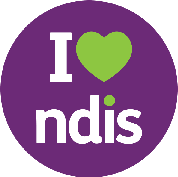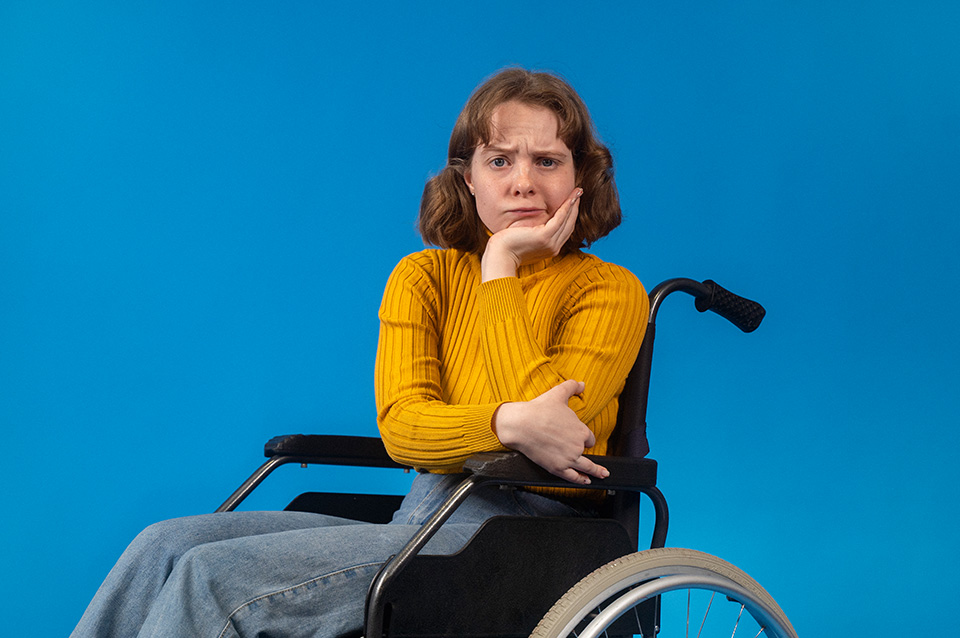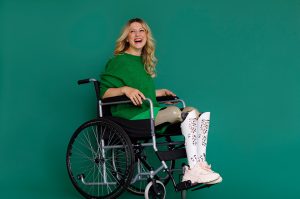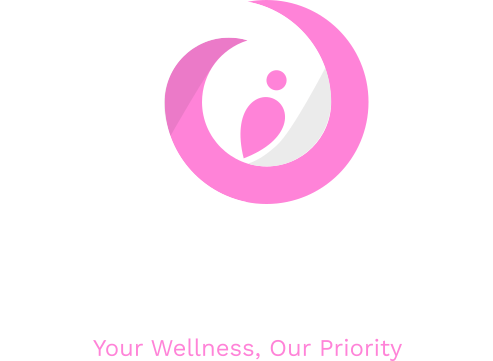When navigating your NDIS plan, knowing whether you need a Psychosocial Recovery Coach or a Support Coordinator is key. In this guide, we compare both roles so you can make the best decision based on your mental health needs, goals, and personal preferences, especially if you’re looking for NDIS support in NSW. Still unsure who’s right for you? This breakdown of Psychosocial Recovery Coach vs Support Coordinator can help clarify.
What Is a Support Coordinator?
A Support Coordinator assists NDIS participants in understanding and implementing their NDIS plans. According to the NDIS, support coordination is a capacity-building support designed to:
- Understand and use your NDIS plan to pursue your goals.
- Connect you with NDIS providers, community, mainstream, and other government services.
- Build your confidence and skills to use and coordinate your supports.
Key Responsibilities:
- Plan Implementation: Helping you understand your plan and how to use it effectively.
- Service Connection: Linking you with appropriate service providers and community resources.
- Support Coordination: Ensuring all services work together to support your needs.
- Capacity Building: Empowering you to manage your supports independently over time.
At Centre of Hope, we offer personalized support coordination services across NSW, including areas like Sydney CBD, Eastern Suburbs, Western Sydney, Inner West, Sutherland Shire, Manly, Northern Beaches, Blue Mountains, and Wollongong. Our experienced team is dedicated to helping you navigate the NDIS and achieve your goals.
For a deeper understanding, read our blog post: Understanding NDIS Support Coordination – What It Is and Why It Matters.
What Is a Psychosocial Recovery Coach?
A Psychosocial Recovery Coach is a support role introduced by the NDIS to assist participants with psychosocial disabilities, primarily those with mental health conditions. As outlined by the NDIS, recovery coaches:
- Support participants to take more control of their lives and to better manage the complex challenges of day-to-day living.
- Work collaboratively with participants, their families, carers, and other services to design, plan, and implement a recovery plan.
- Have lived experience or extensive knowledge of mental health and recovery.
Key Responsibilities:
- Recovery Planning: Developing a personalized recovery plan that aligns with your goals.
- Mental Health Support: Providing guidance and support for mental health challenges.
- Service Navigation: Assisting in finding and coordinating mental health services.
- Empowerment: Encouraging self-advocacy and building resilience.
At Centre of Hope, our psychosocial recovery coaches are qualified mental health specialists, many with lived experience. We offer trauma-informed and recovery-oriented services to support your journey toward improved mental health and well-being.
Key Differences Between the Two Roles
When comparing a psychosocial recovery coach vs support coordinator, the biggest difference lies in their mental health expertise.
| Aspect | Support Coordinator | Psychosocial Recovery Coach |
|---|---|---|
| Primary Focus | Implementing and managing the NDIS plan across various supports | Supporting recovery for individuals with psychosocial disabilities |
| Eligibility | NDIS participants requiring assistance with plan implementation | NDIS participants with a psychosocial disability |
| Approach | Coordinating services and building capacity to manage supports | Recovery-oriented, focusing on mental health and well-being |
| Qualifications | Experience in disability services and support coordination | Lived experience or qualifications in mental health and recovery |
| Service Scope | Broad, encompassing various aspects of the NDIS plan | Specific to mental health recovery and related supports |
| Outcome Goals | Effective use of the NDIS plan and increased independence | Improved mental health, resilience, and self-management |
How to Choose the Right One
Selecting between a support coordinator and a psychosocial recovery coach depends on your individual circumstances:
- Do you have a psychosocial disability? If your primary challenges are related to mental health, a recovery coach may be more suitable.
- Do you need assistance with your entire NDIS plan? If you require help understanding and implementing various aspects of your plan, a support coordinator is likely the better choice.
- Are you seeking someone with lived experience in mental health? Recovery coaches often have personal experience, which can be beneficial for empathy and understanding.
Consider these questions when making your decision. Understanding the difference between a Psychosocial Recovery Coach vs Support Coordinator helps you choose the right support under your NDIS plan. For more guidance, refer to our article: 5 Essential Questions to Ask When Choosing Your NDIS Support Coordinator.
Where We Work Across NSW
At Centre of Hope, we provide support coordination and psychosocial recovery coaching services throughout NSW, including:
- Sydney CBD
- Eastern Suburbs
- Western Sydney
- Inner West
- Sutherland Shire
- Manly
- Northern Beaches
- Blue Mountains
- Wollongong
- Blacktown
If you’re searching for a “support coordinator near me” or “psychosocial recovery coach near me,” our team is ready to assist you in these regions.
Final Thoughts
Understanding the differences between a support coordinator and a psychosocial recovery coach is essential for maximising the benefits of your NDIS plan. Each role offers unique support tailored to different needs. At Centre of Hope, we’re committed to providing personalised, compassionate services to help you achieve your goals.
Related Resources:
- Top NDIS Services You Didn’t Know You Could Access
- NDIS Funding in NSW: What You’re Entitled To & How to Use It
- Find a Trusted NDIS Support Coordinator Near You – Sydney, Blacktown & Beyond
For official information, visit the NDIS website.

